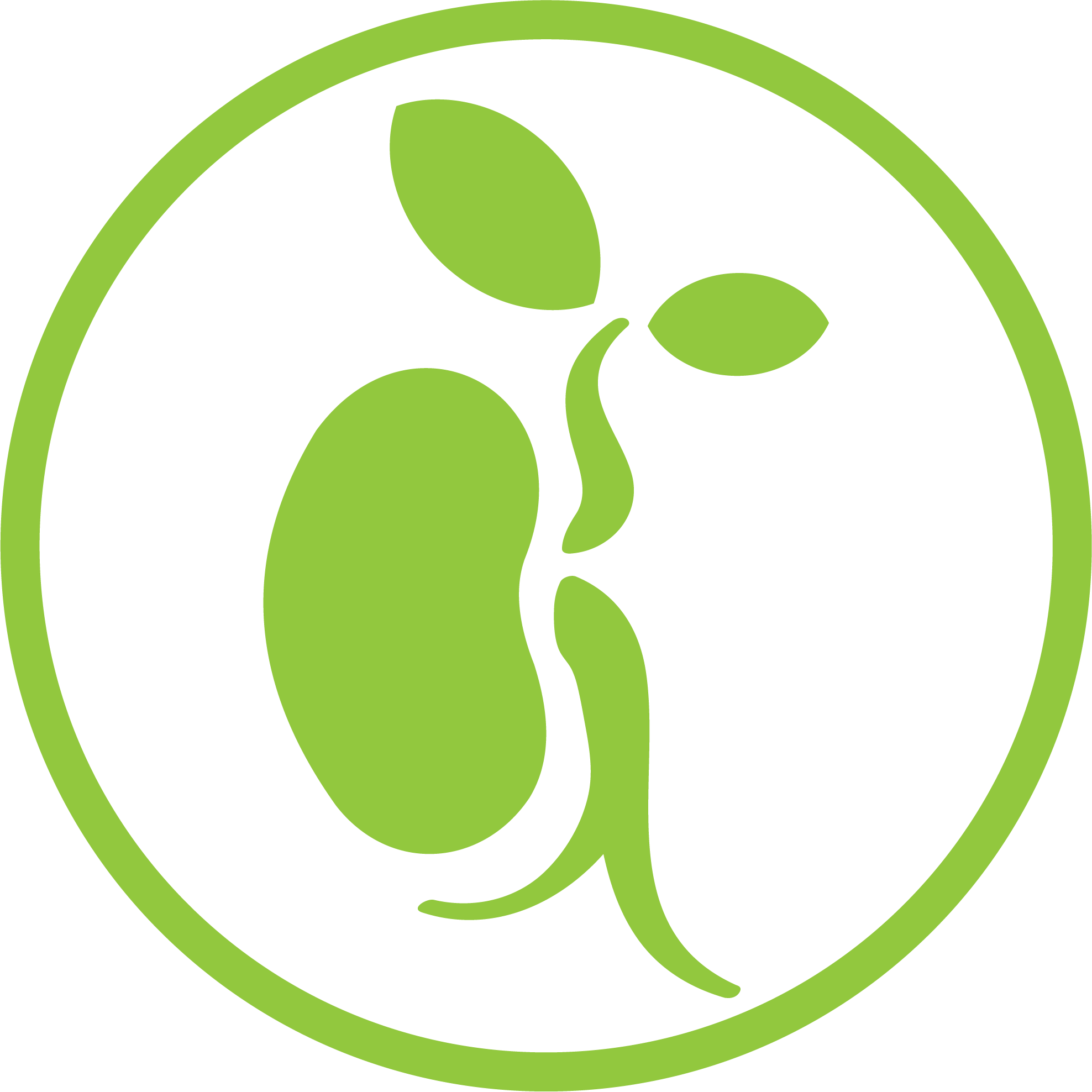Seed Saver Courses and Seed Exchange Event in Latvia 25-26.01.2020
On January 25-26, the first heritage plant seed saver courses in Latvia took place in Ikšķile Free School.
On Saturday, the courses began with an introductory presentation by Guntra Aistara, professor at the Central European University and a member of the Latvian Permaculture Association, on the history of crops from ancient times to the present day. Guntra highlighted the importance of preserving heritage varieties and natural diversity as a solution to the ability of a plant to adapt to climate change and secure food for the future.
Afterwards, Līga Lepse, leading researcher at the Pūre Horticultural Research Centre, taught seed savers the basics of biology and plant genetics, as well as revealed practical methods on obtaining seeds from various plants.
Anitra Lestlande, Head of the Integrated Plant Protection Division of the State Plant Protection Service, spoke about plant diseases that need special attention when propagating seeds at home. She also provided information on disease prevention measures to keep the plants healthy.
Raivis Bahšteins, a representative of the Latvian Association of Organic Agriculture, spoke about maintaining and increasing natural diversity in the garden, calling attention to not only the diversity of plant species and varieties, but also organisms in the soil, as well as insects, birds and animals. Together they help maintain a balance in nature and in the garden by tirelessly “working” countless hours and balancing diseases and pests.
In the next presentation, Guntra Aistara and Daina Mūrniece, members of Latvian Permaculture Association, focused on seed legislation in Europe and the Baltic States and how legislative decisions impact seed saving.
Liena Jaunzeme, Deputy Director of the Seed Certification and Variety Protection Department of the State Plant Protection Service, provided a detailed explanation on how to register in the Register of Vegetable Collectors.
At the end of the first day, a practical activity was organized where everyone had the chance to clean actual seeds of ground cherries, amaranth and other vegetables.
On Sunday, seed saver courses were continued by Anta Sparinska, Doctor of Biology, organizing the seminar in a conversational format and asking the audience about the topics learned in biology on Saturday. Also, since many experienced growers had gathered for the courses, a valuable exchange of knowledge was possible on the methods how to obtain seeds from the most common plants - legumes, cabbage, carrots, lettuce, pumpkin, tomatoes, eggplant, fennel, etc.
As next, Līga Eglīte, gardener of Cēsis Medieval Castle, brought the audience into the world of medieval gardening and told the story how her seed collection got to the castle garden.
The event continued with seed exchange which is getting richer year by year, while seed savers are becoming more and more knowledgeable. Eleven seed savers - including a seed saver from Estonia, as well as a lead researcher from the Institute of Agricultural Resources and Economics - told about the origin of the collected seeds and generously shared these with others.
The event was attended by 55 people, and 12 listeners received a certificate as a proof that they have participated for two full days of the seed saver courses.
Participants went home inspired to collect seeds and preserve heritage crops, as well as ask relatives if they know about any seeds grown in the family for a long time.

